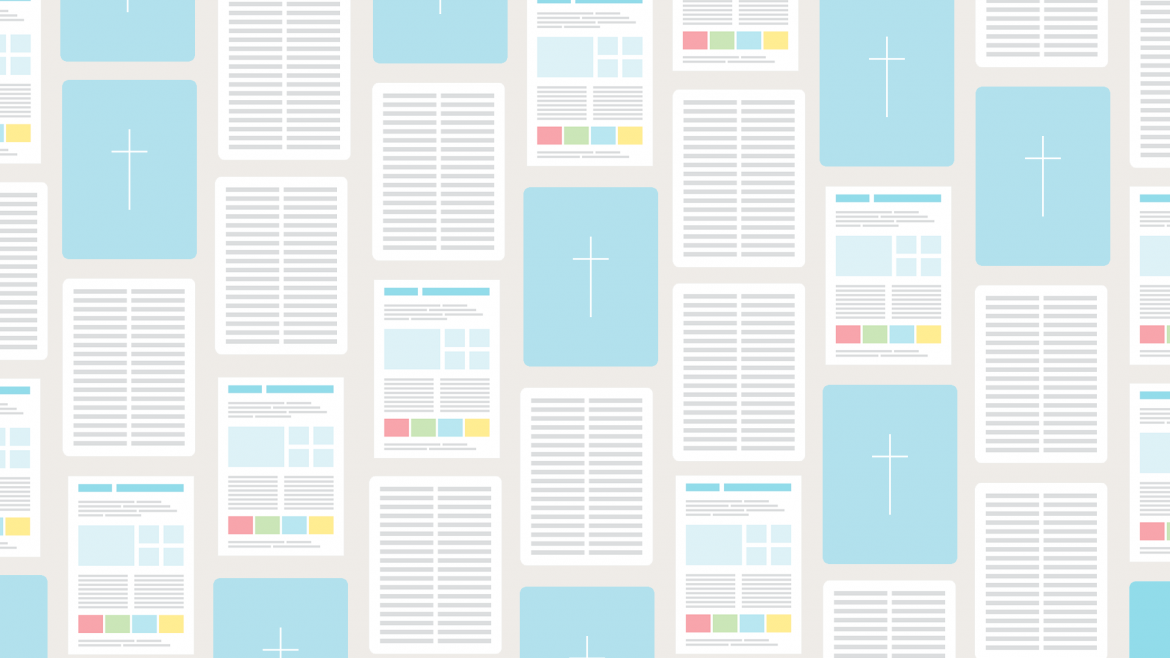The book of Malachi is written at a time after the return from exile, when many of the people had stopped obeying the law or listening to God at all. According to Malachi, even the priests had stopped caring and worshipping God properly. Malachi’s message is a call to repentance and a promise that God would send another messenger to the people of Israel in the future.
My covenant with him was a covenant of life and well-being, which I gave him; this called for reverence, and he revered me and stood in awe of my name. (Malachi 2.5)
See, I am sending my messenger to prepare the way before me, and the Lord whom you seek will suddenly come to his temple. The messenger of the covenant in whom you delight – indeed, he is coming, says the Lord of hosts. (Malachi 3.1)
But for you who revere my name the sun of righteousness shall rise, with healing in its wings. You shall go out leaping like calves from the stall. (Malachi 4.2)
Malachi opens with a condemnation and the promise of the destruction of Edom on the grounds that they were the descendants of Esau (Jacob’s brother) and therefore not chosen by God. This kind of interpretation of Old Testament stories has caused many problems in modern Middle Eastern politics – you will need to reflect on what you think about it.
In Hebrew, Malachi simply means ‘my messenger’. It is possible it is the prophet’s name, but more likely it is a general description of what the author is to be and point to.
Nothing at all
The reference to ‘governor’ (and the particular word used), suggests that the book is set after the exile (when Judah was ruled by governors like Nehemiah, rather than by kings). The lax attitude to worship in the temple suggests that it might come a little after the time of Haggai and Zechariah, when the first flush of euphoria at rebuilding the temple has died away.
The book suggests that the people were feeling lax and lazy – no longer concerned to follow the law with all their heart, soul and might.
None. The closest are Haggai and Zechariah but this is later than them.
Prophecy. Malachi is a prophecy of challenge and of hope, encouraging people back to following the law fully but also pointing to another messenger who would come and show them the way.
1.1–5 The destruction of Edom
1.6–2.9 A corrupt priesthood
2.9–17 The importance of the covenant
3.1–7 The messenger that is coming
3.8–18 Giving God everything that he deserves
4.1–6 The day of the Lord
There will be lots of names you will not know; don’t worry if you can’t place them all. The key ones are given below.
Edom, Horeb, Esau, Judah, Mount Horeb
Elijah, Israel, Levi, Moses
Tithe, day of the Lord, post-exilic period, Altar, priest, tithe
The theme of the messenger – Malachi is a messenger but he also points to another one. Look out for this theme as you read.
Notice the importance of the theme of covenant to Malachi – and in particular, what he expects people to do in order to follow the covenant fully.
Malachi is scathing in his criticism of what he considers to be corrupt priests – note what it is that makes him make this judgement.
Malachi focuses on being faithful – reflect as you read on what being faithful means for us as Christians today.

Here are 8 handy tips to get your book club up and running.

Here are some ideas to get you started.

Unsure of the meaning of a word or phrase in the Bible? Check our glossary of terms.
Books of the Bible journal: 2nd Edition
Journey through the Bible, one book at a time, with the 2nd edition of our Books of the Bible journal.
